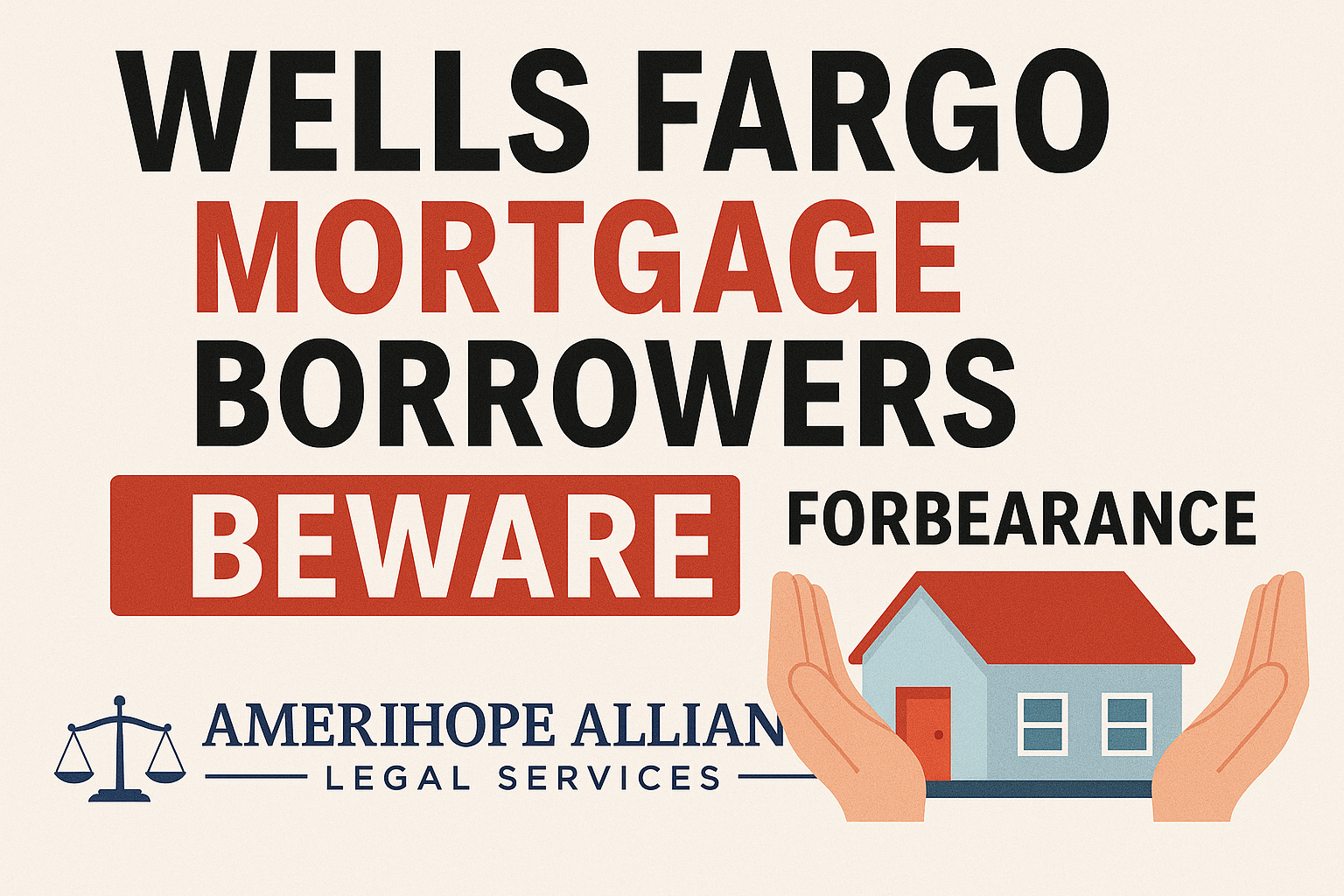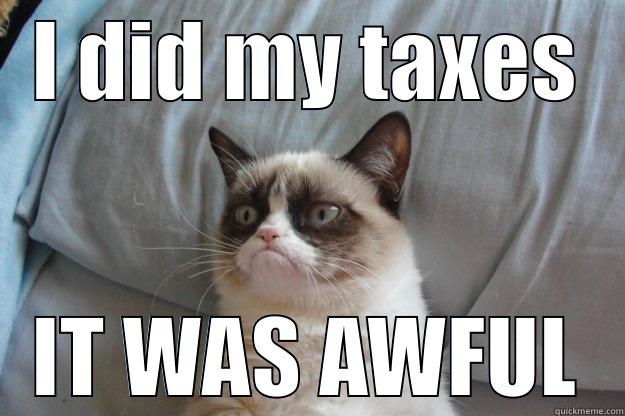
[fa icon="clock-o"] Wednesday, July 30, 2025 [fa icon="user"] Jordan Shealy [fa icon="folder-open'] foreclosure defense, lenders, foreclosure, mortgage, mortgage servicers, wells fargo, mortgage abuse, mortgage servicing, avoiding foreclosure, loan modification terms, mortgage assistance
Read More »
[fa icon="clock-o"] Tuesday, July 29, 2025 [fa icon="user"] Jordan Shealy [fa icon="folder-open'] loan modification lawyer, loan modification attorney, foreclosure defense, lenders, foreclosure defense attorney
Read More »
Massachusetts is a non judicial (technically, “nonjudicial under power of sale in deed of trust") foreclosure state... Uhm, what the heck is that you ask? Oh, just that lenders can take your home without going through court, or any sort of judicial proceeding. Okay and?! AND, say good bye to any extra time you thought you had in your home, because clearly there will be no pending judicial process delaying your foreclosure... I don't mean to a big ole' foreclosure ogre or anything but that's reality peeps, time to embrace the “it is what it is.”
Foreclosure by sale
Otherwise know as, “foreclosure under a deed of trust.” which just so happens to let the lenders sell your precious property through a power of sale (unfair much? after all you two have been through, haha they got you! If you didn't already know, lenders have 0 remorse..). Now I'm sure you want an explanation of how this power of sale BS works. Here it goes.....
[fa icon="clock-o"] Wednesday, September 24, 2014 [fa icon="user"] Jake Sterling [fa icon="folder-open'] stop foreclosure, foreclosure defense, loan modification help, lenders, massachusetts foreclosure lawyer
Read More »
A few years ago, you bought a terribly overpriced home. To you $375,000 or more for that Spanish-style with a pool seemed totally reasonable at the time (won't blame you, so many others did too!!!).
Now, fast forward a couple/few years, the economy tanked, your positive cash flow probably started to become negative, and then, you realized, “Darn this house is flipping expensive, I can barely keep up.” Until you could really no longer keep up and, bye bye went the house.
You walked away, let the house go into foreclosure, and thought you were wiping your hands clean. I don't need to spell the details out for you, since you probably took a front seat on that ride....
Your bank took back your house, and you thought that's enough, the money left unpaid has been forgiven, (I mean, after everything you just went through? Right?) clean slate, fresh start for you... Well now, that's just a big fat misunderstanding on your part. There is no way that banks will let this one slide. No, they want what they bargained for, which is the $375,000 you signed that dang mortgage for.
How is the lender going to get back the $150,000 (could be more, could be less) that the foreclosure sale couldn't pay off?
They are going to take you to court for it, lawsuit style!
[fa icon="clock-o"] Tuesday, August 19, 2014 [fa icon="user"] Madel Bermudez [fa icon="folder-open'] lenders, foreclosure deficiency, life after foreclosure
Read More »
In a far away kingdom long long ago... Better yet, substitute kingdom for United States of America around (more or less) 7 years ago, and brace yourselves for this tragic novella.
Do you remember that time when the stock market crashed (AGAIN) and the whole country thought it was circa 1930's Great Depression part deux. Yeah, you know, that time when the security-backed mortgage bubble burst and everything went down the drain... Sparking a flashback?
[fa icon="clock-o"] Monday, July 28, 2014 [fa icon="user"] Madel Bermudez [fa icon="folder-open'] mortgage fraud, lenders
Read More »
Should have saved this segment for Halloween because deficiencies induce blood-curdling, spine-tingling misery... Too much?!?
DEFICIENCY JUDGMENT?
First of all, a deficiency after foreclosure is exactly what it sounds like, it's when one owes a mortgage lender money after the foreclosure sale of their home because the house sold for less than the mortgage balance (did you think all the debt went kaput after foreclosure, yeah right!).
For example:
Say the total debt owed is $220,000, but the home only sells for $160,000 at the foreclosure sale. The remainder to be owed back to the lender is $60,000, hence a deficiency.
Yes people, that's $60,000 you STILL have to pay back to the lender, you can't just say ala- kazaam and voila, gone! (If only... I can only imagine being able to do that every month with my credit card statement... anyways that's beside the point...)
Ok, so where were we?... Yes, the flipping horror of a deficiency after foreclosure, hanging above your head like a black cloud, every single day... I mean, in all fairness, it could be worse...? (wishful thinking?)
The nitty gritty is, even if you feel like you can ignore this black cloud, it comes back to haunt you. In some states, “The lender can seek a personal judgment against the debtor to recover the deficiency. Generally, once the lender gets a deficiency judgment, the lender may collect this amount (in our example, $60,000) from the borrower by doing such things as garnishing the borrowers’ wages or levying the borrowers’ bank account.”
THAT'S NOT ALL:
[fa icon="clock-o"] Thursday, July 24, 2014 [fa icon="user"] Madel Bermudez [fa icon="folder-open'] foreclosure defense, lenders, foreclosure deficiency, life after foreclosure
Read More »
“What is the difference between a taxidermist and a tax collector? the taxidermist takes only your skin."
- Mark Twain
That's right people, today we're going to be talking about taxes (I know you'd much rather stab your leg with a fork, but listen closely, this might change your life).
Let's see how many types of taxes we can come up with real quick..... Sales tax, income tax, social security tax, payroll tax, breathing tax, walking tax, existing tax, occupying space on this earth tax.. Am I missing any? … Oh yeah, almost forgot about PROPERTY TAX. The one tax you thought you could maybe, sorta get away with... Really though? Did you think you could get past uncle Sam that easy... naïve much?
Anyways, as a homeowner, there is one tiny little responsibility that is impossible to avoid, (I mean, other than your mortgage, HOA fees, pool cleaning service, landscaping, whatever else comes with a home... well ok that's more than one thing but bear with me here) and it is property taxes, yet another tax to add to the arsenal of never ending governmental blood sucking.. Alright, alright, so I'm a bit cynical, but hey, I pay taxes just like you.
Like I said, you HAVE TO pay your property taxes (only if you're a homeowner of course, renting doesn't count), whether you want to or not (non-debatable), uncle Sam's got an iron grip on this one. So what happens if by slight oversight (or you willingly outright don't feel like paying them) forget to pay them?..
[fa icon="clock-o"] Wednesday, July 16, 2014 [fa icon="user"] Madel Bermudez [fa icon="folder-open'] foreclosure defense, lenders
Read More »
There's a growing pollution problem in Massachusetts, but for a change, it has nothing to do with the Charles. Many Bay State lenders are saddled with toxic titles in the wake of the “apocalyptic” ruling in U.S. Bank v. Ibanez. That case, decided by the Massachusetts Supreme Judicial Court in 2011, dealt a serious blow to banks involved in the slice-and-dice securitization of residential mortgages which contributed to the 2008 market meltdown. Now some new legislation may fix all that at the expense of former homeowners.
[fa icon="clock-o"] Monday, July 7, 2014 [fa icon="user"] Dmitriy Doroshenko [fa icon="folder-open'] foreclosure defense, prolong foreclosure, lenders, massachusetts foreclosure lawyer
Read More »
Connecticut may soon become part of another revolution, at least as far as foreclosure law is concerned! Under recently signed legislation, a new foreclosure option could allow homeowners to recoup more of the money they’ve invested in their homes.
Strict Foreclosure and Foreclosure by Sale
Connecticut’s judicial foreclosure process has traditionally allowed for either strict foreclosure or foreclosure by sale. Under strict foreclosure, courts allow lenders to foreclose on underwater mortgages and receive title to property automatically. A foreclosure by sale is only slightly better; setting the property up for public auction with the hope that the borrower recovers whatever is left over after the debt is paid. Hint: typically not very much.
Not satisfied by such meager offerings, both homeowners and real estate professionals have been calling for something a bit less antiquated. Foreclosure by sale, they argue, shuts them out of the process, leaving borrowers to watch as their home is sold off to the highest bidder, often for far less than it may be worth. Foreclosure by market sale, as the new measure is known, aims to change all that.
[fa icon="clock-o"] Wednesday, June 25, 2014 [fa icon="user"] Dmitriy Doroshenko [fa icon="folder-open'] foreclosure defense, lenders, connecticut foreclosure defense
Read More »Since when have they really been on board with anything not created by them anyhow..?
So what's this law I'm talking about you ask?
The 2012 Massachusetts foreclosure law was predominately designed to help distressed homeowners. It works like this : The law allows nonprofit organizations to buy homes that are foreclosed, after buying the foreclosed properties, the nonprofits sell back the homes to the homeowners that originally lost the homes to foreclosure. Better yet, because the nonprofits tend to buy the homes from the lenders at their current market values, they can sell the home with a restructured loan (one the buyer can very much afford) and give it back with a modified loan agreement. The ultimate goal is for homeowners to keep their homes at affordable rates.
How selfless of Massachusetts to want to implement such a life changing concept. You can bring out the tissues... now!
However, like Murphy's Law goes, anything that can go wrong will!
And what can go wrong with this?
[fa icon="clock-o"] Friday, June 13, 2014 [fa icon="user"] Madel Bermudez [fa icon="folder-open'] stop foreclosure, foreclosure defense, lenders, massachusetts foreclosure lawyer
Read More »







